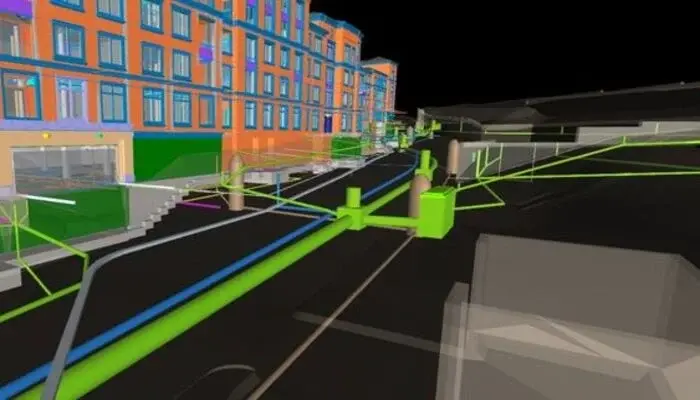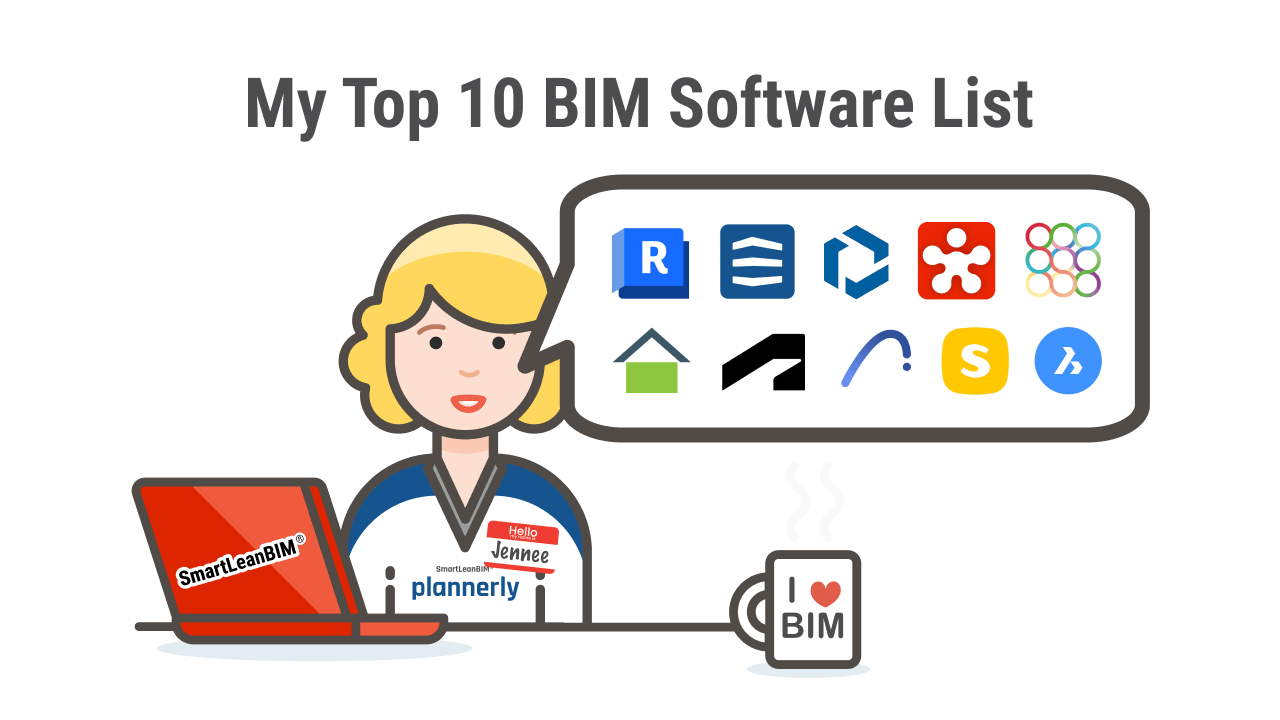
What is the work of a construction manager? The question of what a construction manager does is touching one of the hot topics in this field, and it is no wonder the construction industry is prospering. In 2026, the global sector was estimated to be worth an approximate sum of $9.06 trillion, which is destined to reach close to $14.8 trillion by 2030. Industry analysts at Engineering News-Record (ENR) project construction employment to grow by about 380,100 jobs over the next decade, which equates to around 3.8% annual growth from 2026 to 2033.
The question of “what is construction management” and the skills of construction manager are highly sought after. Construction managers serve as a hinge that connects the building vision and reality on the ground. They oversee budgets, coordinate teams, leverage project management software for construction, and tackle real-time challenges. This position may be the one you have always dreamt of, in case you are passionate about planning leadership, direct work in the field, and technological solutions that could infuse buildings with life.
What is Construction Management?

At its core, what is construction management? It’s the professional discipline of planning, coordinating, and supervising building and infrastructure projects from conception to completion. Construction management ensures projects are delivered on time, within budget, and to the required quality standards, while also complying with safety and regulatory codes.
Distinct from general project management, construction management is deeply embedded in both strategic planning and hands‑on implementation. It starts in pre‑construction, selecting vendors, outlining timelines, evaluating site logistics, and spans through mobilization, execution, and closeout phases.
Here’s a breakdown of typical construction management job role:
- Pre‑Construction Planning: Evaluating blueprints, permitting requirements, schedule sequencing, and vendor pre‑qualification.
- Resource Management: Sourcing and scheduling labor, materials, and equipment to match project needs.
- Cost and Time Control: Using project management software, including MS Project and Primavera, to create forecasts, track budgets, and manage schedules.
- Risk and Quality Assurance: Establishing quality control systems, performing risk assessments, and adapting to construction-phase changes.
- Project Coordination: Serving as the communication hub between clients, architects, engineers, suppliers, and subcontractors.
This framework sets the stage for what a construction manager does on-site every day, ensuring seamless execution and project success.
What Does a Construction Manager Do?

So, what does a construction manager do? Well, their daily role is a mix of oversight, coordination, decision-making, site walkthroughs, and software updates; their duties are diverse and dynamic.
Key job responsibilities include:
- Cost Estimating & Budget Oversight: Prepare detailed cost models, monitor expenses, report variances, and ensure profitability without sacrificing quality.
- Scheduling & Workflow Management: Build schedules with Gantt charts, manage task sequencing and dependencies, and use project management software for construction tracking.
- Supervising On-Site Work: Guide subcontractors through trade-specific work, ensuring schedules are met and on-site quality is maintained.
- Contract Administration: Oversee contracts, manage change orders, align scopes, and handle permits and inspections.
- Team Coordination & Leadership: Lead crews, subcontractors, and internal teams; resolve disputes; foster a collaborative environment that tech-savvy managers thrive in.
- Safety & Compliance Enforcement: Implement onsite safety protocols and compliance measures daily, ensuring adherence to regulations and mitigation of hazards.
- Stakeholder Communication: Deliver progress reports to clients and designers, negotiate with suppliers, and maintain transparent dialogue throughout the project lifecycle.
In overall, Construction managers mostly switch between the office and the jobsite. If you're interested in construction manager job role, you should definitely checkout this guide which talks about step by step process to become construction Manager in USA with career path and salary insights.
Key Skills Required to Become Construction Manager
To thrive, you'll need a robust toolkit of technical skills in construction management combined with strong soft skills for construction manager success.
Technical Skills of a construction project manager
-
Budgeting & Cost Control – Track budgets via software; understand financial control and forecasting.
-
Scheduling Tools Proficiency – MS Project, Primavera P6, and other project management software for construction are essential.
-
Regulatory & Contract Knowledge – Know local codes, safety laws, contract wording, and legal ramifications.
-
Blueprint & Drawing Literacy – Read and interpret architectural and engineering plans accurately.
-
Risk & Quality Control – Identify risks early, craft mitigation strategies, and maintain rigorous quality standards.
Soft Skills of a Construction Project Manager
-
Leadership & People Management – Direct crews and subcontractors; motivate teams and maintain morale under pressure.
-
Communication – Write effective reports, RFI responses, and progress updates; present to diverse audiences.
-
Problem Solving – Adapt quickly to unexpected challenges and devise practical solutions.
-
Negotiation – Secure favorable pricing and terms with suppliers and trades.
-
Time Management – Prioritize tasks effectively to keep multiple timelines aligned.
Additionally, assistant construction manager skills such as delegation, scheduling follow‑up, and documenting changes can help aspiring managers step up.
Also Checkout - 5 Best Online Courses for construction Manager in USA (To Upskill in 2026)
Most Used Software by Construction Manager

Today's construction managers rely heavily on project management software for construction, especially tools with BIM capability. Here are five standout platforms, including essential BIM tools:
1. Autodesk Revit
Revit, a premier Building Information Modeling tool used for 3D modeling and design collaboration. It’s crucial for clash detection, construction sequencing, and developing coordinated models used by architects, engineers, and contractors alike.
2. Autodesk Navisworks
Autodesk Navisworks works with Revit for model aggregation, 4D simulations, and interdisciplinary coordination vital for complex projects. It helps identify clashes, simulate construction timelines, and optimize construction strategies before breaking ground.
3. Procore
A cloud-based, integrated solution covering budgeting, scheduling, document control, and real-time collaboration across project phases. It’s widely adopted across mid-to-large firms and supports mobile access for on-site teams, improving communication and accountability.
4. Autodesk Build (previously PlanGrid)
This software is used for field documentation, punch lists, version control, and RFI tracking, it ensures teams work from up-to-date plans. The platform supports markups, photo documentation, and daily reports, streamlining field-to-office workflows.
5. Microsoft Project
A scheduling powerhouse taught in many construction management certificate programs. Microsoft project is ideal for creating Gantt charts, managing dependencies, forecasting delays, and performing critical path analyses for better project control.
As the best construction management software, these five tools help construction managers digitally streamline budgets, timelines, procurement, documentation, and BIM processes from pre-construction through closeout.
Explore full list!
In Conclusion
Understanding what a construction manager does reveals the blend of leadership, tech savvy, field presence, and strategic planning required. To join the ranks in construction management, you must combine technical proficiency, leadership skills, and software fluency to be well-equipped with the skills of construction manager.
Upskilling with the Building Information Modeling Professional Course for Civil Engineers by Novatr can build a strong foundation for your advancement in this dynamic field.
Check out our resource page for the latest updates and tips on advancing your career.
Frequently Asked Questions:
1. How much does a construction manager make?
U.S. construction managers earn between $90,000–$151,000 annually on average as of mid‑2025, with top earners in high-end commercial sectors making even more. Median annual wages were around $104,000 in May 2026.
2. What does a construction project manager do?
A construction project manager coordinates planning, budgeting, timelines, people, and logistics, mirroring construction managers. In many organizations, the titles are used interchangeably.
3. Is construction management a good career?
Yes, the projected 9–11% job growth, global industry expansion, high salary potential, and increasing digital integration mark it as a promising career choice.
4. What are the top construction management software?
Leading project management software for construction includes Procore, Autodesk Build, Microsoft Project, along with BIM tools Autodesk Revit and Navisworks, all essential for modern construction workflows.
Was this content helpful to you



.jpg)






